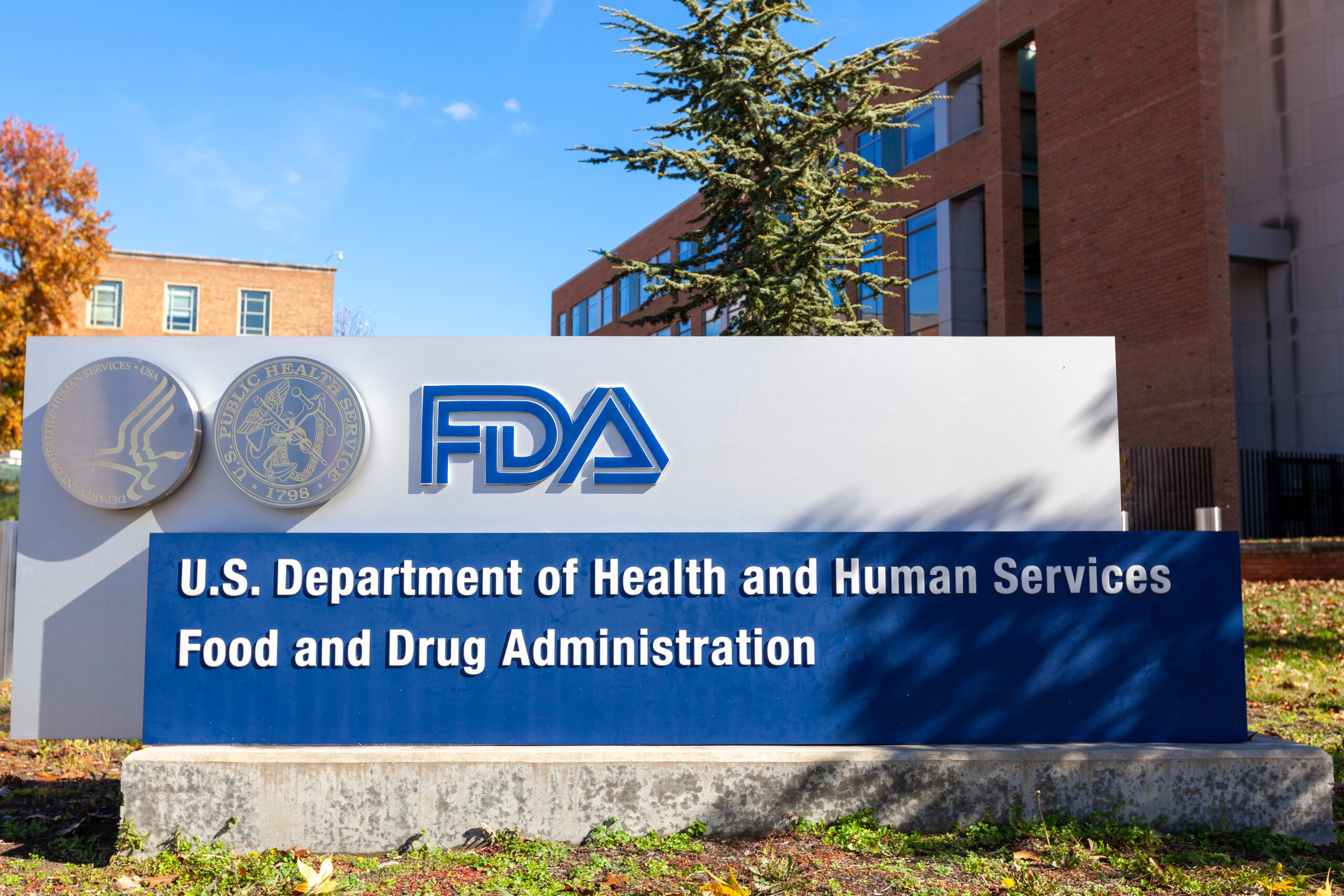Today, Pfizer announced in a statement that it would be stopping all work on its PCSK9 inhibitor, bococizumab. The company sites weak data and changes in the cholesterol-lowering drugs market, as the main reasons behind their decision to discontinue the development program.
According to Pfizer, bococizumab “is not likely to provide value to patients, physicians, or shareholders.” The announcement was made alongside Pfizer’s report on their fourth quarter earnings.
“As a company, we understand that developing new and important medicines for patients is a critical, but difficult undertaking. Accordingly, we continually evaluate our development programs as data emerge to support prudent decisions that provide value both to the patients we serve and our shareholders,” said Dr. James Rusnak, Chief Development Officer, Cardiovascular and Metabolic Diseases, Pfizer Global Product Development. “We are disappointed by this outcome, but remain committed to investing in innovation, concentrating our pipeline on areas where we can bring transformational therapies to address unmet needs, including in patients with cardiovascular and metabolic diseases. We thank the investigators, their patients, and support staff who have participated in this important research program.”
The decision to halt the development program will also affect two cardiovascular outcome studies of the PCSK9 inhibitor. Bococizumab had progressed to late-stage clinical trials where it was being assessed as a cholesterol-lowering agent with the potential to improve cardiovascular outcomes in patients.
The news was a surprise to those in the pharmaceutical industry, as Pfizer’s PCSK9 inhibitor seemed to be moving through the company’s drug development pipeline. Earlier this year, the pharma giant released data from two Phase III clinical trials, which found that bococizumab met its primary endpoint in patients at a high risk of heart problems. The studies – including SPIRE-HR and SPIRE-FH – were being completed in anticipation of a regulatory filing for the drug.
“To honor the altruism of trial participants, and to maximize the clinical and scientific knowledge derived from the halted trials, Pfizer has committed to ensuring that the data will be made available to study leaders for independent analysis and prompt public presentation,” said Dr. Paul M. Ridker, Co-chair Executive Committee, SPIRE clinical trials program and director for Cardiovascular Disease Prevention, Brigham and Women’s Hospital. “We believe the available data will allow us to test the core scientific questions posed by the overall program which is in the best interest of patients who volunteered in these clinical trials, and for patients worldwide who suffer from heart disease.”












Join or login to leave a comment
JOIN LOGIN